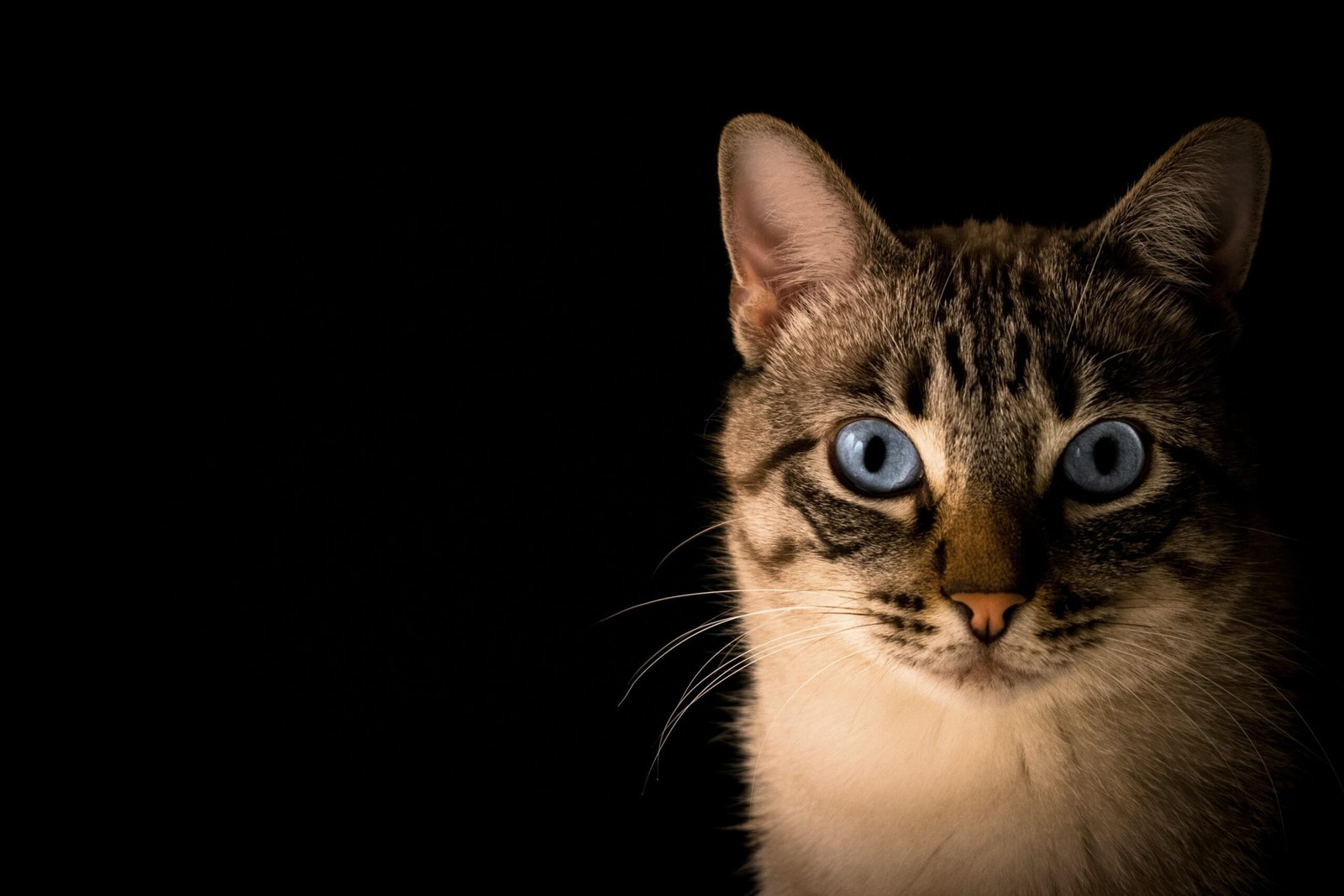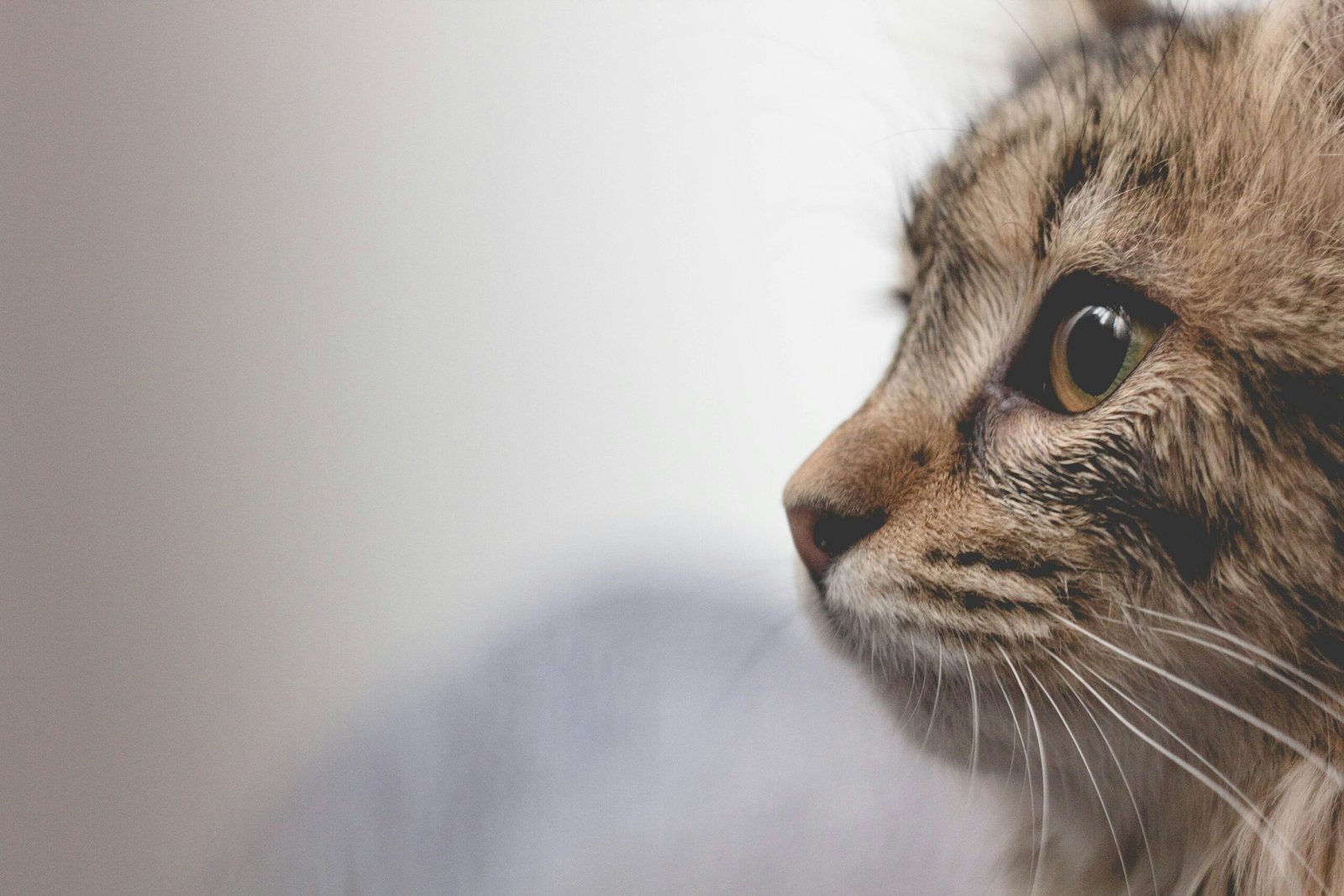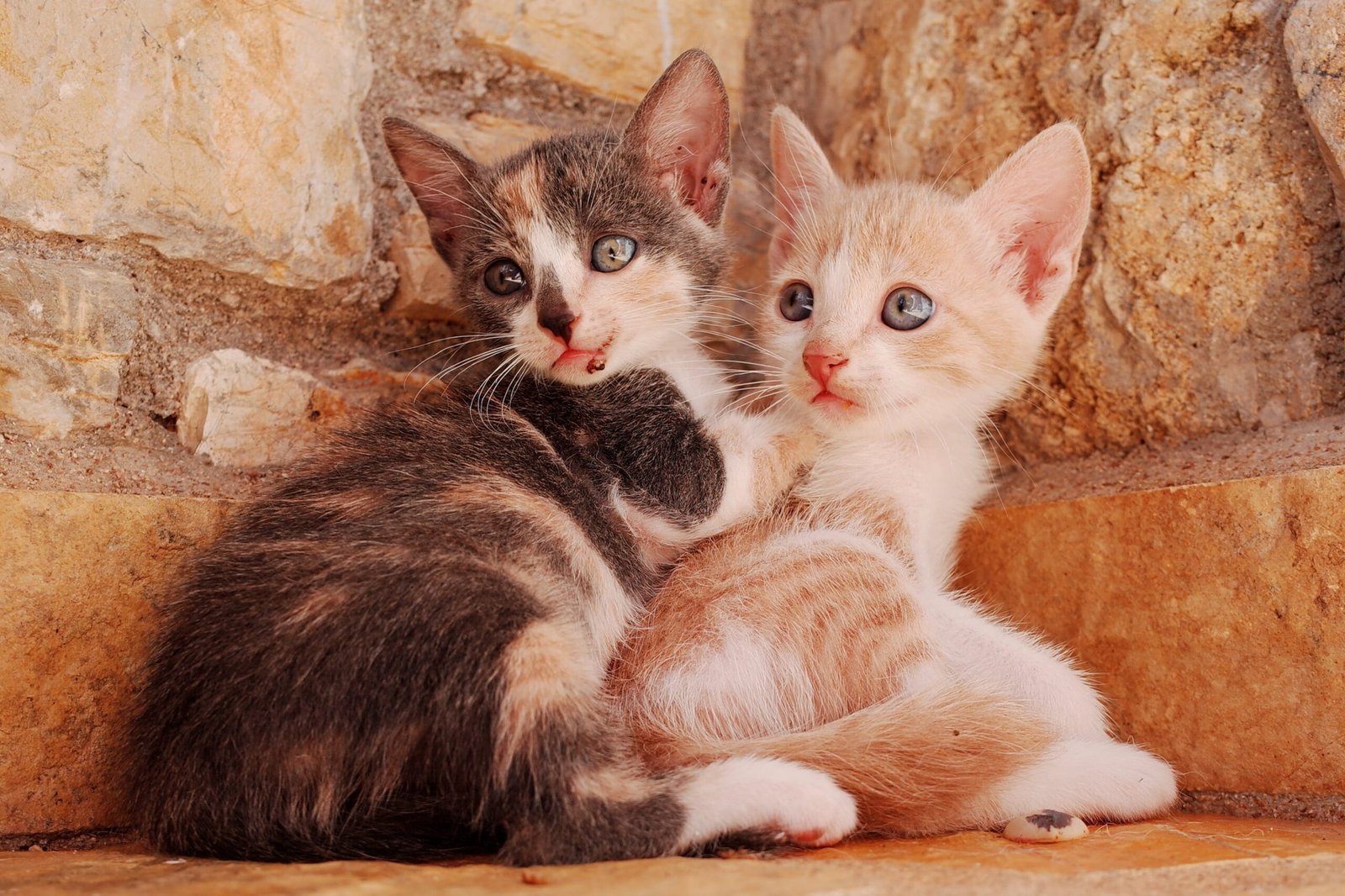Cats, as adorable and independent as they are, require a certain level of care and attention when it comes to their dietary needs. It’s essential to understand that what might be safe and delicious for us humans can actually be harmful or even deadly for our feline friends. This is why it’s crucial to be aware of the foods that can negatively affect your cat’s health. The well-being of our cats largely depends on their diet, and understanding what’s off the menu is the first step in ensuring they lead a healthy and happy life.
Introduction
Cats have specific dietary requirements that differ from humans. While some foods may be safe and enjoyable for us, they can pose serious health risks to our feline companions. By being aware of the harmful foods, we can protect our cats’ well-being and ensure they live a long and healthy life.
Chocolate and Caffeine
Contrary to popular belief, chocolate and caffeine are highly toxic to cats. These substances contain theobromine and caffeine, which can stimulate the nervous and cardiovascular systems of cats. Even small amounts can lead to restlessness, increased heart rate, tremors, and in severe cases, seizures or even death. To safeguard your cat’s health, it is essential to keep foods and beverages containing chocolate and caffeine out of their reach. This includes chocolate bars, coffee, tea, energy drinks, and certain types of soda.
Some key points to remember about chocolate and caffeine:
- Theobromine and caffeine in these substances can have a detrimental effect on cats’ nervous and cardiovascular systems.
- Symptoms of chocolate or caffeine poisoning in cats include restlessness, increased heart rate, tremors, and even seizures.
- Chocolate bars, coffee, tea, energy drinks, and certain sodas should be kept away from cats at all times.
Onions, Garlic, and Chives
Members of the Allium family, including onions, garlic, and chives, can cause severe health issues in cats. These ingredients contain compounds that can damage red blood cells, leading to a condition called Heinz body anemia. Additionally, they can cause gastrointestinal problems such as upset stomach, vomiting, and diarrhea. It is crucial to keep foods like pizza, certain types of sauces, and many human food seasonings that contain these ingredients well away from your cat.
Important points to remember about onions, garlic, and chives:
- Onions, garlic, and chives can damage red blood cells in cats, leading to Heinz body anemia.
- Gastrointestinal issues such as upset stomach, vomiting, and diarrhea can also occur.
- Foods like pizza, sauces, and human food seasonings that contain these ingredients should be kept away from cats.
Grapes and Raisins
While grapes and raisins are a healthy snack for humans, they are highly toxic to cats. Even a small amount can cause sudden kidney failure, which is a life-threatening condition. Symptoms of grape or raisin toxicity in cats include reduced appetite, lethargy, vomiting, and diarrhea. Foods such as fruit salads, cakes, and certain cereals often contain these fruits, so it is crucial to keep them well out of your cat’s reach.
Key points to remember about grapes and raisins:
- Even a small amount of grapes or raisins can cause sudden kidney failure in cats.
- Symptoms of grape or raisin toxicity include reduced appetite, lethargy, vomiting, and diarrhea.
- Foods like fruit salads, cakes, and certain cereals can contain grapes and raisins and should be kept away from cats.
Milk and Dairy Products
Contrary to popular belief, milk is not a suitable drink for most cats. Many cats are lactose intolerant, meaning they can’t digest lactose, the sugar found in milk and dairy products. Consuming these can lead to digestive problems such as diarrhea, upset stomach, and other gastrointestinal issues. Water should always be the primary source of hydration for cats, and if you want to provide a milk alternative, opt for lactose-free cat milk.
Important points to remember about milk and dairy products:
- Most cats are lactose intolerant and cannot digest the lactose found in milk and dairy products.
- Consuming these can lead to digestive problems such as diarrhea and upset stomach.
- Water should be the primary source of hydration for cats, and lactose-free cat milk can be an alternative.
Raw Meat and Fish
While cats are carnivores, feeding them raw meat and fish can pose serious health risks. Raw meat and fish can be contaminated with bacteria such as Salmonella and E. coli, leading to severe gastrointestinal issues. Additionally, raw fish contains an enzyme that destroys thiamine, an essential B vitamin for cats, leading to serious neurological problems. It is safer to feed your cat cooked meat as a protein source.
Key points to remember about raw meat and fish:
- Raw meat and fish can be contaminated with bacteria, leading to gastrointestinal issues in cats.
- Raw fish contains an enzyme that destroys thiamine, causing neurological problems.
- Cooked meat is a safer alternative for providing protein to your cat.
Bones
Giving your cat a bone to chew on may seem appealing, but it is not a safe practice. Bones, especially cooked ones, can splinter and cause injuries to your cat’s mouth, throat, or digestive tract. They can also lead to dental fractures and gastrointestinal obstructions. Instead of bones, consider giving your cat dental chews or toys specifically designed for promoting dental health in cats.
Key points to remember about bones:
- Bones, especially cooked ones, can splinter and cause injuries to a cat’s mouth, throat, or digestive tract.
- Dental fractures and gastrointestinal obstructions can also occur.
- Dental chews or toys designed for cats are safer alternatives for promoting dental health.
Alcohol
Alcohol is extremely toxic to cats, even in small amounts. Consumption can lead to serious health problems such as liver damage, difficulty breathing, tremors, vomiting, and, in severe cases, coma or death. It is important to keep all alcoholic beverages, as well as foods cooked with alcohol, out of your cat’s reach to ensure their safety.
Key points to remember about alcohol:
- Alcohol, even in small amounts, can cause severe health problems in cats.
- Symptoms of alcohol poisoning in cats include liver damage, difficulty breathing, tremors, and vomiting.
- It is crucial to keep all alcoholic beverages and foods cooked with alcohol away from cats.
Artificial Sweeteners (Xylitol)
Xylitol, a common artificial sweetener found in many products such as sugar-free gum, candy, baked goods, and certain types of toothpaste, is potentially deadly to cats. Ingesting xylitol can cause a rapid drop in blood sugar (hypoglycemia), leading to symptoms like loss of coordination, seizures, and, in severe cases, liver failure. It is important to be vigilant and ensure that any products containing xylitol are kept far away from cats.
Key points to remember about artificial sweeteners (xylitol):
- Xylitol, commonly found in sugar-free gum, candy, baked goods, and toothpaste, is highly toxic to cats.
- Ingesting xylitol can lead to a rapid drop in blood sugar, causing symptoms such as loss of coordination and seizures.
- Products containing xylitol should be kept out of reach of cats to prevent potential harm.
Conclusion
In conclusion, it is crucial to be aware of the potential dangers certain foods can pose to our feline friends. The foods mentioned above should be strictly avoided to prevent any health issues in cats. Always remember to consult with a veterinarian for further guidance on cat nutrition. By prioritizing their dietary needs and avoiding harmful foods, we can ensure that our cats remain healthy and happy.
*Please note that the revised blog article has been formatted in markdown format as requested.
FAQ – Top 10 Foods Your Cat Must Avoid
Q1: Are chocolate and caffeine safe for cats to consume?
A1: No, chocolate and caffeine are highly toxic to cats. These substances contain theobromine and caffeine, which can have a detrimental effect on cats’ nervous and cardiovascular systems. Symptoms of chocolate or caffeine poisoning in cats include restlessness, increased heart rate, tremors, and even seizures. It is essential to keep foods and beverages containing chocolate and caffeine out of their reach.
Q2: Can cats consume onions, garlic, and chives?
A2: No, cats should avoid onions, garlic, and chives as they can damage red blood cells and lead to Heinz body anemia. Gastrointestinal issues such as upset stomach, vomiting, and diarrhea can also occur. Foods like pizza, sauces, and human food seasonings that contain these ingredients should be kept away from cats.
Q3: Are grapes and raisins safe for cats to eat?
A3: No, grapes and raisins are highly toxic to cats. Even a small amount can cause sudden kidney failure. Symptoms of grape or raisin toxicity in cats include reduced appetite, lethargy, vomiting, and diarrhea. Foods like fruit salads, cakes, and certain cereals often contain these fruits, so it is crucial to keep them well out of your cat’s reach.
Q4: Can cats consume milk and dairy products?
A4: Most cats are lactose intolerant and cannot digest the lactose found in milk and dairy products. Consuming these can lead to digestive problems such as diarrhea and upset stomach. Water should be the primary source of hydration for cats, and lactose-free cat milk can be an alternative.











